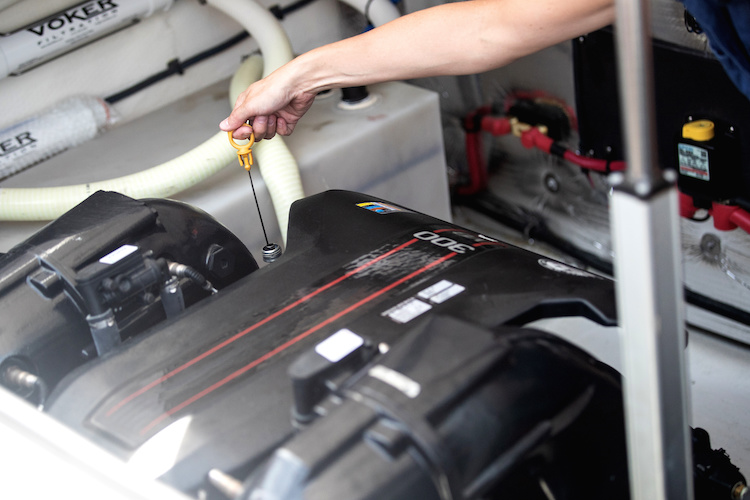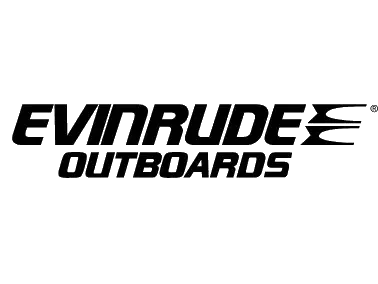- 405-702-2021
- mobileboattech@gmail.com
Appointments Mobile Boat Service in Canadian OK
Mobile Boat Service & repair Oklahoma
SCHEDULE TIME
Appointments Mobile Boat Service in Canadian, Oklahoma
Preparing for the Appointment. Ensure your boat is accessible to the technician. If possible, provide a clear and safe working area.
Customer Services
405-702-2021

Business Hour
Call us at (405) 702-2021 in Canadian, Ok. experience our superior service in Oklahoma. We look forward to serving you.
Monday
8:00 AM - 6.00 PM
Tuesday
8:00 AM - 6.00 PM
Wednesday
8:00 AM - 6.00 PM
Thursday
8:00 AM - 6.00 PM
Friday
8:00 AM - 6.00 PM
Saturday
8:00 AM - 6.00 PM
Sunday
Close
Get Free Appointment
Your name and contact information The location of your boat The make, model, and year of your boat and engine. A description of the problem or the type of service you require (e.g., routine maintenance, engine repair, winterization)
From Maintenance to Repairs, We've Got You Covered.
We understand boat maintenance and repairs, offering services to keep your boat running smoothly and addressing any issues that arise.
- Routine Maintenance
- Repairs
- Comprehensive Services
- Diagnostics









Have a Questions? Call Today!
Customer Services
405-702-2021